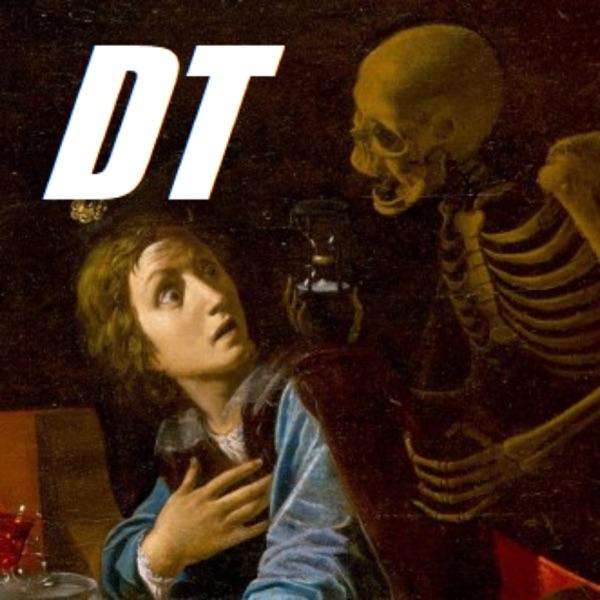

In this episode, titled "The N.E.S.T. Model: Treating the "N" in complex trauma (Neuroaffective)" Dr. Sandra Paulsen, who played a (the?) major role in taking the EMDR world into the field of treating complex traumatic dissociation, speaks about her integrative treatment model. This episode will be of great interest to any frustrated therapist! See below for an index of topics covered.
Dr. Paulsen's work, besides being most EMDR therapists' first step in treating complex trauma, includes dozens of published scientific articles and host of books and book chapters. She has hosted a large number online trainings integrating Ego-State Therapy, attachment theory, and the work of Jaak Panksepp, uniquely having one foot in neuroscience and one foot in more esoteric aspects of treatment. Many trainings are available on www.sfrankelgroup.com. Her most popular works provide accessible training to beginning clinicians, and her reputation as a "cartooning psychologist" comes from these. A more complete bio is available on her website, www.paulsenpsychology.com, where you can also purchase her most popular books. She also is active on social media--and for her cartoons, on Etsy as well! (sandrapaulsenphdart.etsy.com)
Some major topics covered are:
-Dealing with complex trauma through the lens of neuroscience, especially the work of Jaak Panksepp
-The relevance of Structural Dissociation theory to even the first weeks of life, and the need for special methods to access non-narrative memory
-The critical nature of dealing with perpetrator introjects ASAP, and how this phenomenon commonly undermines treatment.
-"Temporal integration" as a gentler method (working forward rather than backward) -Limitations of standard, unmodified approaches, with special attention to locating early trauma that blocks treatment of later trauma
-Symptoms as a "shrine" to the neglectful or abusive caregiver
-Imagination as the major tool for accessing early trauma
-The tragedy of the "foster care to prison pipeline"
In future and previous episodes, guests offer counterpoints to these views, and this video is intended to present rather than endorse Dr. Paulsen's perspectives. The host has a connection to Dr. Paulsen through EMDRIA membership and the EMDR Institute, and likewise, The Dissociative Table does not specifically endorse the views of the host.
The music used in this episode is taken from the song "Vritra," from the album Call of the Void, by the band Cracked Machine. The band has generously donated rights to their music in support of increased global access to effective trauma therapy.